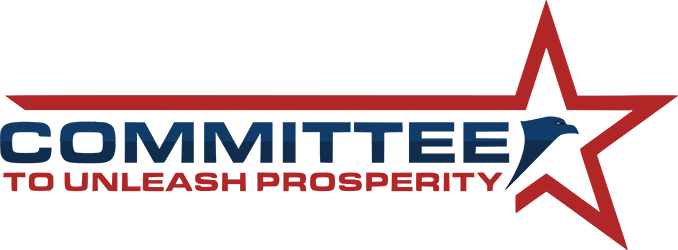In The WSJ, Cato’s Alan Reynolds refutes the President’s tax-the-rich rhetoric:
It is not as though we have never tried high tax rates before. From 1951 to 1963, the lowest tax rate was 20% to 22% and the highest was 91% to 92%. The top capital gains tax rate approached 40% in 1976-77. Aside from cyclical swings, however, the ratio of individual income tax receipts to GDP has always remained about 8% of GDP.
The individual income tax brought in 7.8% of GDP from 1952 to 1979 when the top tax rate ranged from 70% to 92%, 8% of GDP from 1993 to 1996 when the top tax rate was 39.6%, and 8.1% from 1988 to 1990 when the highest individual income tax rate was 28%. Mr. Obama’s hope that raising only the highest tax rates could keep individual tax receipts well above 9% of GDP has been repeatedly tested for more than six decades. It has always failed.
At NRO, Larry Kudlow wonders why the President has decided to move left on taxes.
The WSJ explains that raising taxes on the top two percent – even with a static analysis – wouldn’t fix the deficit.
On The Kudlow Report, U.S. Rep. Aaron Schock (IL) debates Robert Reich on the President’s tax hike proposal:
The new Laffer Center for Supply-Side Economics opens its doors with a report that finds tax code complexity costs 30% of the total income taxes collected.
From Forbes, Seth Lipsky wonders why Republicans aren’t talking about the falling dollar.
At MarketWatch, David Stockman lambasts the Federal Reserve.
In The Washington Post, George Will profiles Fed inflation hawk Tom Hoenig.
Also on Kudlow, David Goldman discusses inflation:
On Forbes, Louis Woodhill suggests Republicans should quit trying to create Social Security private accounts and focus on saving the existing program with stronger growth.
In an article printed in numerous alternative weeklies, former NYT reporter David Cay Johnston launches a lengthy assault on supply-side economics.

